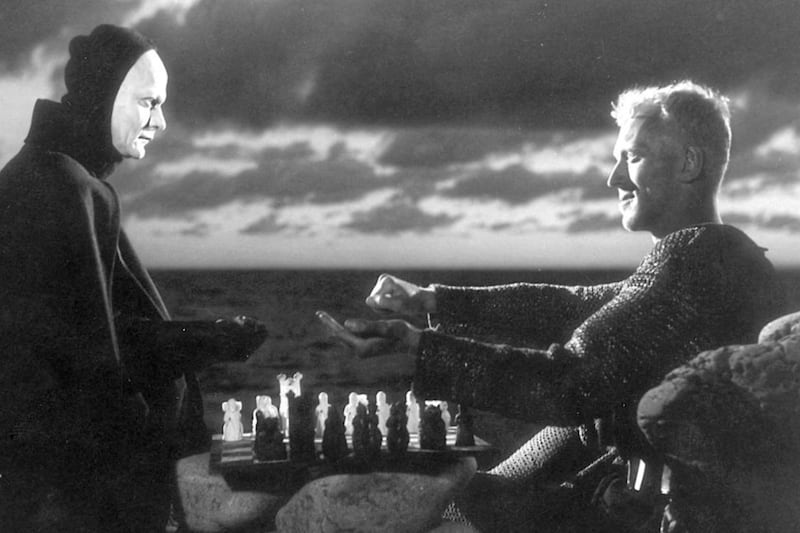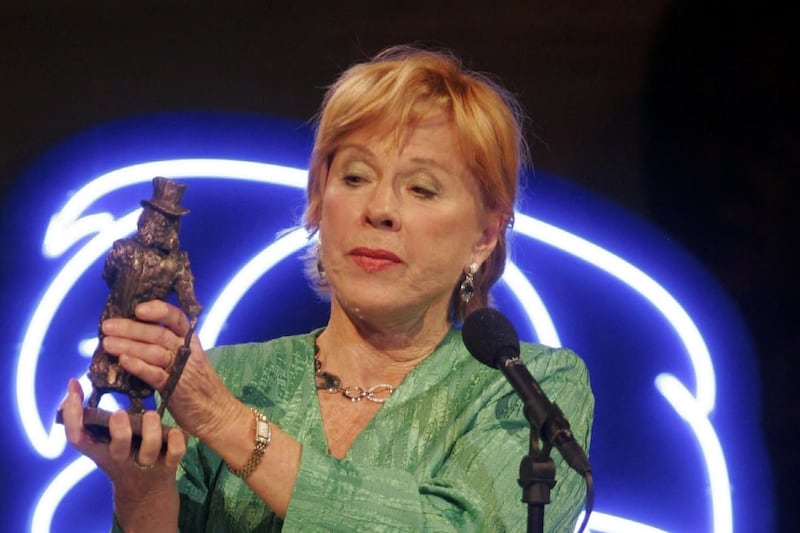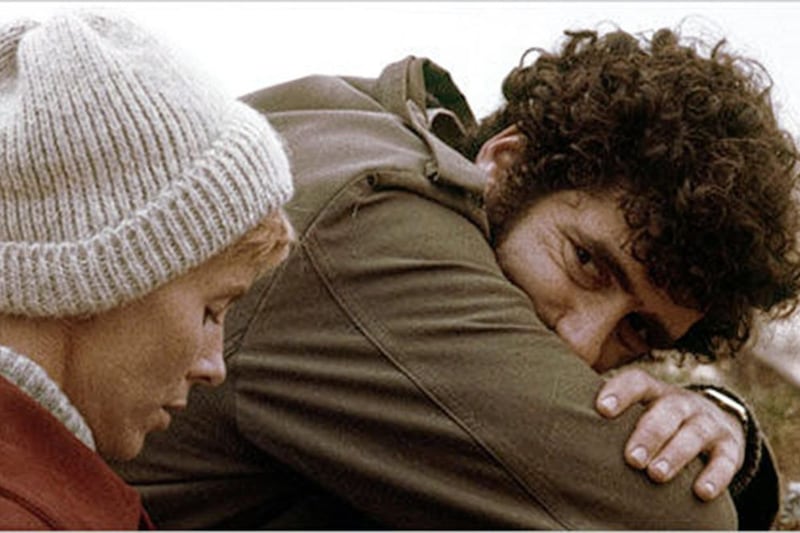THERE are several reasons why film buffs should be celebrating the new BFI release of Ingmar Bergman’s The Touch on Blu-ray.
Firstly it’s one of the rarer examples of the legendary Swedish director’s art. Released to cinemas in October 1971 it has, to date, received one solitary outing on British TV (making it on to BBC 2 on November 20 1977) and has since disappeared into the cinematic clouds becoming almost a 'lost' film in the process. 'Lost' until now, that is.
Secondly it’s the director’s first English-language film (well, elements of it are also in Swedish but mostly it’s in English) and, finally, it’s his first proper stab at what you might call a standard Hollywood love story. A very separate piece, in other words, from his more traditional works with the cold existential themes they famously explore. For Bergman fans this is exciting stuff.
There’s also the small matter of leading man Elliott Gould fronting a Bergman film – the first non-Nordic actor to do so – to consider. But despite the exterior sense of otherness that such trimmings suggest, this is still a Bergman film at its core.
It was mostly shot in Swedish studios and locations, with some material filmed in London, and many of the director’s favoured collaborators – such as cinematographer Sven Nykrist – are firmly in place from the off.
Gould plays archaeologist David Kovac who arrives in the lives of married couple Karin Vergerus (Bibi Andersson) and Andrea (Max von Sydow) and blows it apart when he embarks on an ill-advised affair with Karin.
The sheer presence of Gould here, although it could have been even weirder if studio executives had got their way with their earlier suggestion of Dustin Hoffman, may mean he’s the centre of focus but in reality he is slightly uncomfortable looking throughout and Andersson and von Sydow, two long-established figures within the Bergman world, of course, act him off the screen most of the time.
The fairly traditional love triangle storyline means The Touch will never be considered the great film-maker's finest creation. He’d been directing since the mid-1940s and made his international breakthrough in the 50s so you could say his finest work was well behind him by the time 1971 rolled around but it remains a fascinating piece of cinema all the same.
It feels like a nifty snapshot of Sweden as the new decade began and it looks fabulous but audiences and contemporary critics were mostly unimpressed. Box-office takings were poor and critical response muted at best. Oddly enough, the director’s next film Cries And Whispers was acclaimed as something of a late flowering classic of its type.
Perhaps The Touch was a case of a master craftsman laying the groundwork for a more fully formed piece to come. Even if that is the case, this remains a film well worth savouring.




